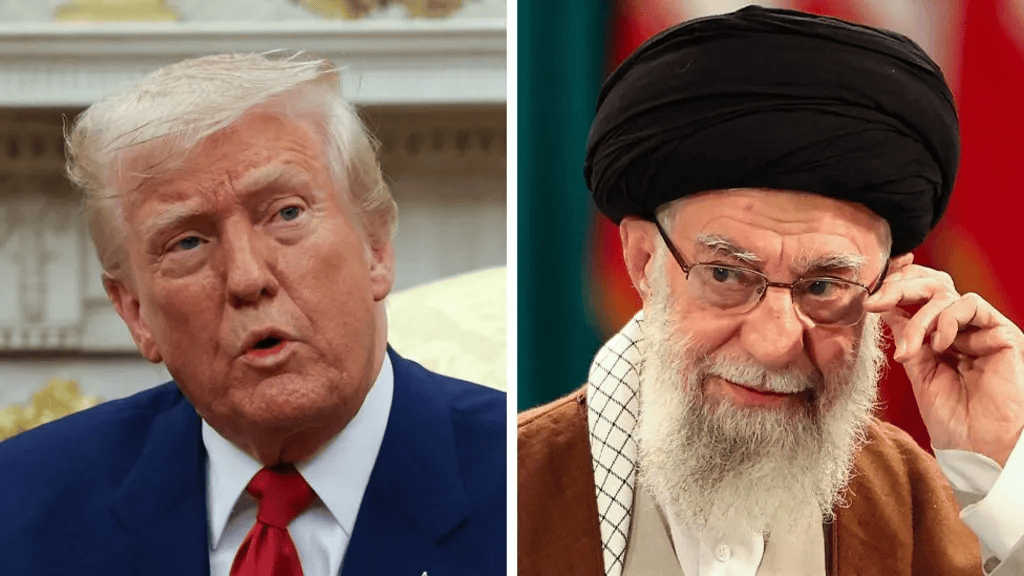Can Trump Convince Iran to Abandon Its Nuclear Program?

US President Donald Trump has shifted focus to Iran, attempting to restart nuclear negotiations and offering a deal to limit Tehran’s nuclear ambitions in exchange for lifting crippling economic sanctions. However, the path to an agreement is fraught with challenges.
Iran’s nuclear aspirations remain a key concern for the international community. Despite Tehran’s insistence that its nuclear program is for peaceful purposes, many governments suspect it seeks the capability to produce nuclear weapons. After Trump unilaterally withdrew from the 2015 Joint Comprehensive Plan of Action (JCPOA) in 2018, Iran escalated its uranium enrichment, inching closer to weapons-grade levels.
The US has returned to a “maximum pressure” strategy, reinstating sanctions and threatening economic penalties against countries that engage with Iran, particularly in its oil sector. On top of this, Trump sent a letter to Iran’s Supreme Leader, Ayatollah Ali Khamenei, offering direct negotiations and warning of severe consequences if diplomacy fails.
Tehran’s response is mixed. While its economy is faltering and some officials appear willing to negotiate for sanctions relief, hardliners remain reluctant to concede on key issues, especially halting all nuclear enrichment—a red line for Iran.
Iran’s regional influence through proxy groups like Hezbollah and the Houthis is another sticking point. The US demands an end to Tehran’s support for these groups, but such a concession would significantly weaken Iran’s geopolitical leverage.
Israel, a vocal opponent of any Iranian nuclear capacity, insists on a full dismantling of the program, citing the 2003 Libyan precedent. However, Iran is unlikely to accept such terms, given its enhanced nuclear knowledge and regional security concerns.
If talks collapse, the risk of military confrontation increases. While Israel has long weighed striking Iran’s nuclear facilities, doing so would be complex and dangerous, given Iran’s fortified sites. Trump, despite his “no new forever wars” stance, has bolstered US military presence in the region, potentially preparing for escalation.
The next two months are critical. Trump is banking on a mix of economic pressure and diplomacy to bring Iran to the table. Whether this leads to a breakthrough or conflict remains uncertain—but the stakes could not be higher.
